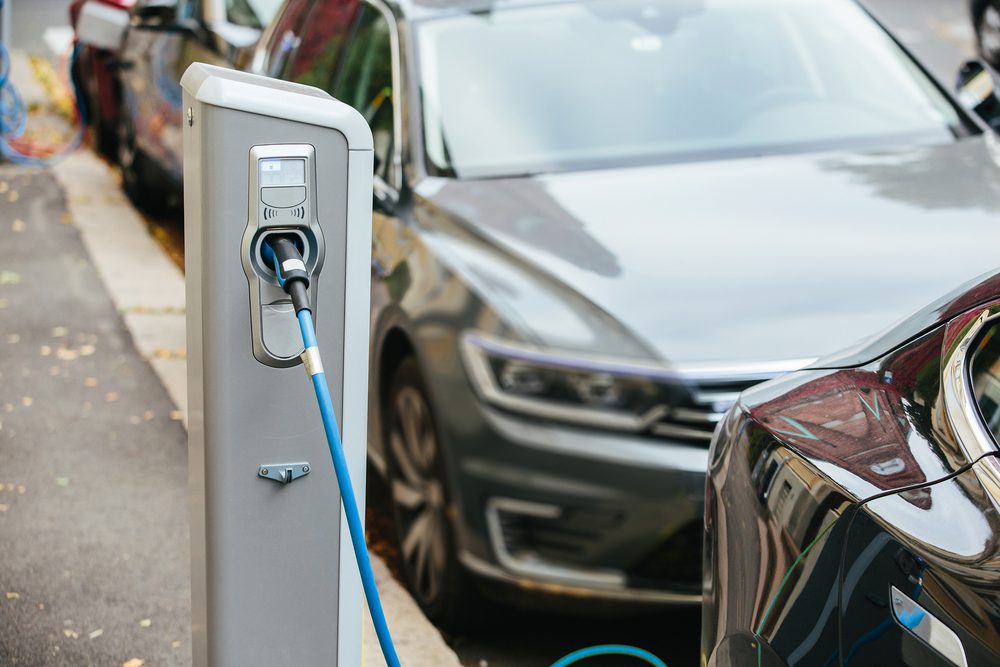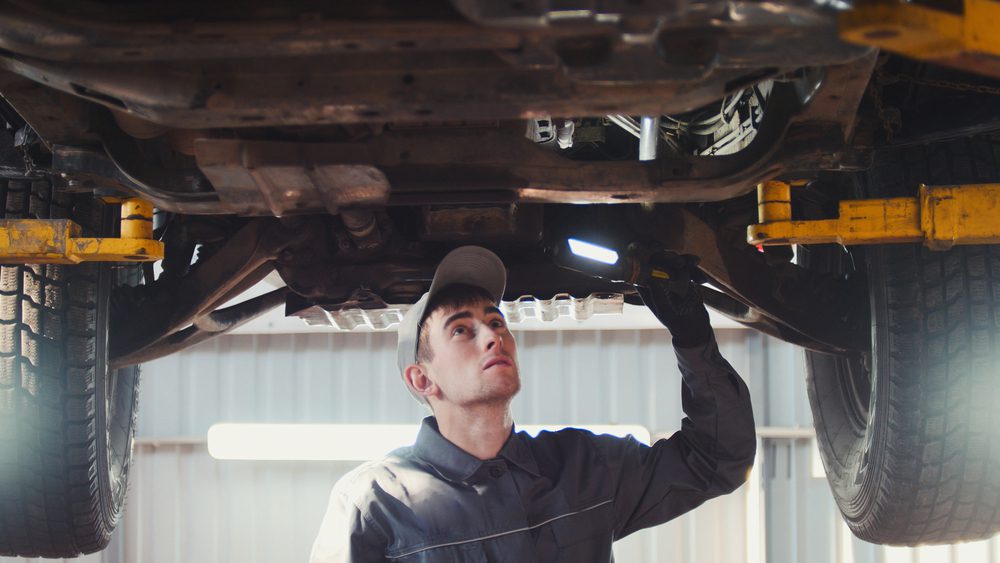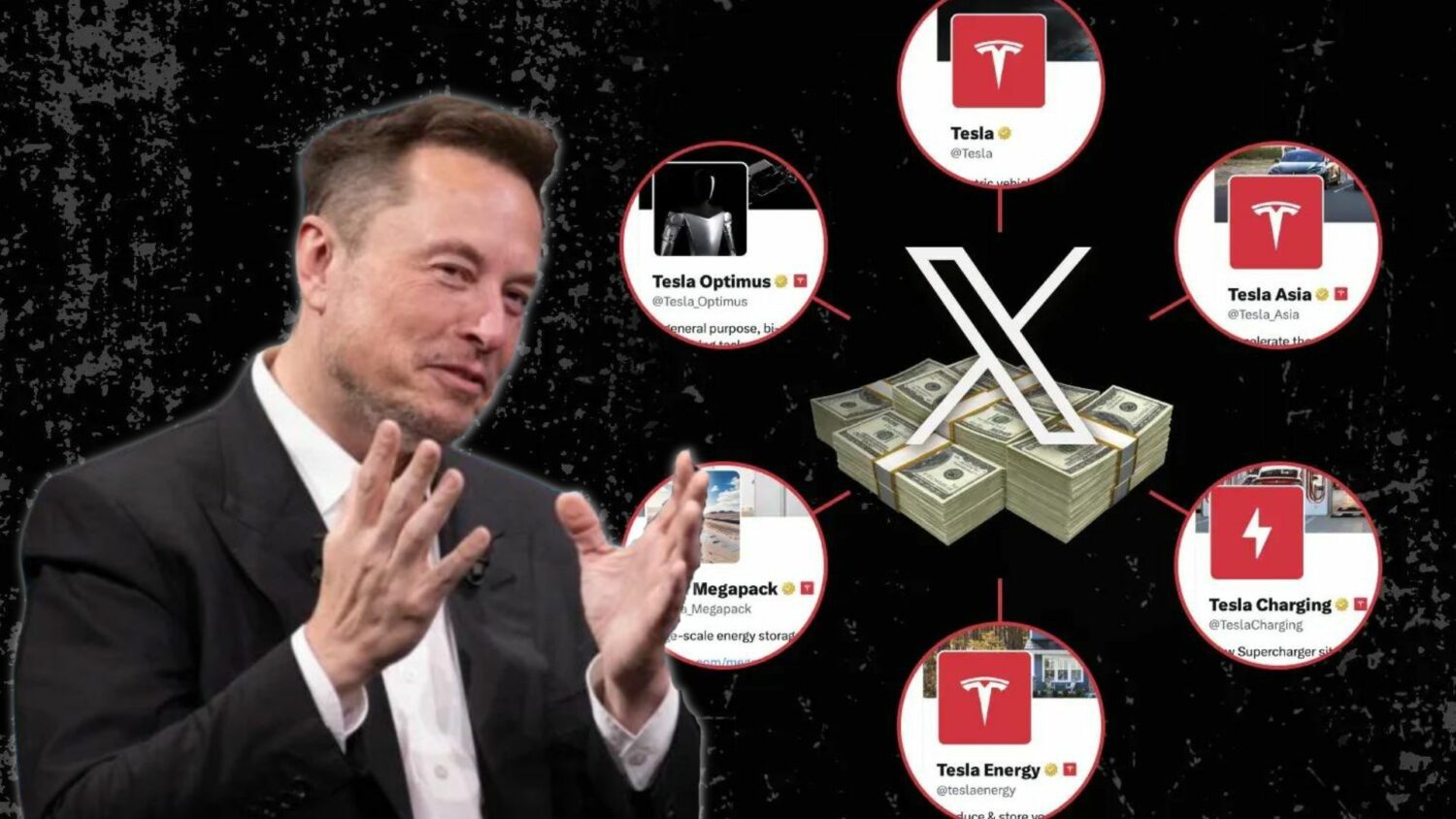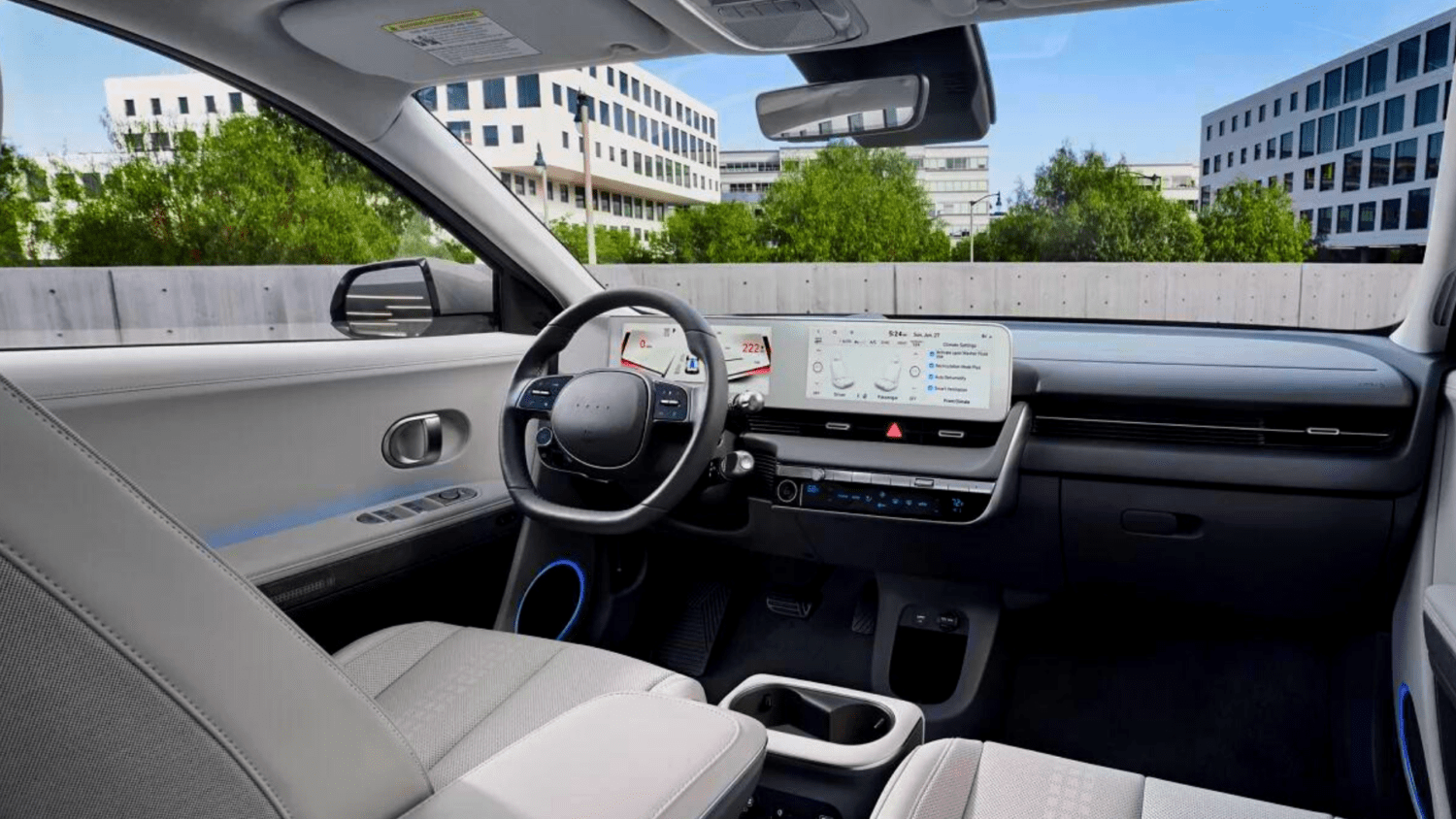Inside Automotive


Publicly traded dealership groups are starting to return to the mergers and acquisitions market as the post-pandemic economy stabilizes and OEMs ramp up production. But what exactly are buyers looking for, and where are they hoping to purchase storefronts? On this episode of Inside Automotive, host Shyann Malone is joined by Alan Haig, president and founder of buy-sell advisory Haig Partners, and Mike Toth, the firm’s managing director, to give a quarterly update on the state of retail automotive M&A. Watch full segment here.
Top Stories






Vietnamese automaker VinFast is in talks with U.S. partners to sell its electric vehicles through franchised dealerships rather than first-party storefronts. Direct sales have become an increasingly prominent topic of discussion in the retail automotive sector. Electric vehicle brands, such as Rivian and Tesla, have opted to forgo traditional franchise partnerships in favor of selling directly to the consumer, with the latter seeing massive success with this strategy. Read More


For Dealers


The role of software in EVs: opportunities and challenges
The spotlight in the auto industry has transitioned to an unlikely subject: software. Electric vehicles (EVs), previously dismissed as a niche, are fast becoming mainstream. Central to this transformation is software, acting as the lifeblood and cognitive center of these vehicles. But how does this digital wave affect dealerships and the consumer? Read More


Automotive retailers have seen a massive upheaval in recent years. Between the effects of the COVID-19 pandemic, inflationary concerns, higher borrowing costs, and general economic uncertainty, the landscape for dealers has profoundly shifted. Not only has buyer behavior changed, but so have consumer preferences and expectations. It’s all the result of an evolving economic climate. Read More


